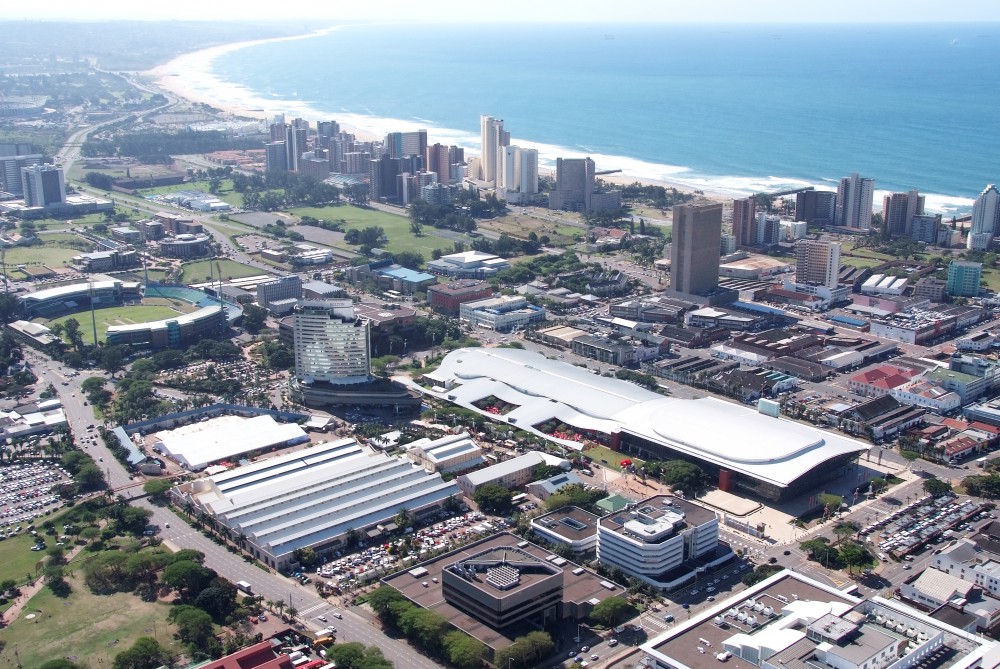Main Theme: The Cities we Have vs. the Cities we Need
Urban populations in cities around the world are growing at unprecedented rates, changing the profiles of the urban world and redefining the outlook of the urban phenomenon. As cities grow, there are complex challenges stemming from stretched transportation, housing, energy and water infrastructure. Ancillary, pandemics, rising food prices, polluted waterways and skies, blackouts and joblessness have eroded quality of life and destabilized societies and their prospects for prosperity. This demographic change is also assigning and demanding new roles and functions for cities as well as changing their economic, social and political character. Many, especially in the developing world, are not functioning well due to significant social problems such as high levels of poverty and poor infrastructure.
This challenges urban practitioners to harness urbanisation for sustainable development and inclusive growth in these cities under strenuous conditions. Hence, the pressure to reinvent planning and transform cities at local, regional and national scales. Architects, engineers, urban planners, civil society and policy makers face unprecedented challenges to creating sustainable, healthy, ‘smart’, ‘green’, adaptive, inclusive, productive, safe, flexible and resilient cities.
The theme of the 52nd ISOCARP International Planning Congress “Cities we Have vs. Cities we Need” is conceived as a catalyst to foster trans-disciplinary ways to interpret the past and conceive the future of cities. This requires a reflection on current practice of planning and the making of cities and for the generation of different ways in which the cities we need are created. It calls for sharing of knowledge and practice about cities as well as innovative ways in which desirable cities of the future are created. The theme provides an opportunity to work toward collaborative solutions for the challenges faced by the cities we have in order to create the cities we need in future.
Sub-themes, to be elaborated by track leaders
1. Transforming human settlements
This theme focuses on the planning, building, development and management of human settlements. It addresses spatial patterns of social and economic inequality and their potential integration.
2. Planning Activism and Social Justice
This theme is focused on the role of activism within planning process and how it has impacted cities and redefined planning priorities, for better and worse.
3. Envisaging Planning Theory and Practice for the next decades
This theme provides a critique of inherited planning practices and highlights innovation where planning theory and practice is reinvented or recast to create more relevant cities in the developing world.
4. Urban Planning and Policy making in times of uncertainty, fragility and insecurity
Planning is an instrument that can help address the challenge of environmental, political and economic uncertainty, but it can also be used to dominate and subjugate citizens. This theme elaborates the role of planning in situations of flux.
5. Intelligent Cities for People
This theme tackles the definition of smart cities where technology and access to data can be exploited for an unprecedented awareness and control of our built environment. While technology flourishes, have the human priorities of these cities been appropriately defined?
6. Planning for an interlinked and integrated rural-urban development
This subtheme explores the changing conceptualization of the urban rural divide and the possibility of new forms of urbanity and rural existence. Should or can rural-urban migration be mitigated by intelligent villages and rural development? Must urban development be more shaped by its non-urban context?
